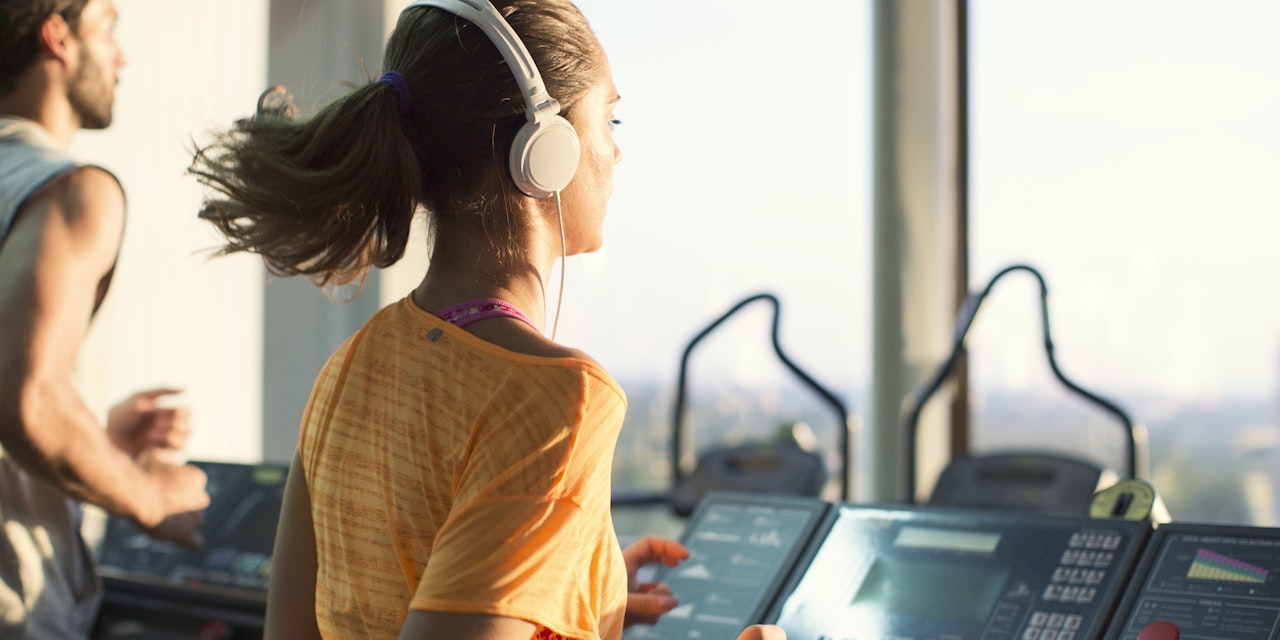How to Deal with Nerves at the Gym
Are you self conscious at the gym? Here are a few quick tips to help you feel a little less nervous and uncomfortable at the gym.
- Published: 2/16/2021
- Categories:
- 2 min. read

- Published: 2/16/2021
- Categories:
- 2 min. read
If there’s anything we can all relate to, it’s feeling uncomfortable at the gym. Whether it’s uncertainty because you aren’t entirely confident with the equipment yet, self-consciousness about your body, or even the fact that the one girl at the desk always points out that she hasn’t ‘seen you in a while’ if you’re away from the gym for over a week - we all feel it one way or another. Well, to help you out, here are a few quick tips to help you feel a little less nervous and uncomfortable at the gym.
Stand in front of the mirror
We know, it might seem crazy to suggest that you look at yourself in the mirror at the gym, especially if you’re self-conscious about your body, but this actually helps you in a number of ways. First, it helps you to tune out everyone else at the gym; which is great if you’re often intimidated by others at the gym, second, it helps you to look at your body so you can check your form and avoid injury, and third, it helps you to see what your body can do; less self-conscious, more empowered!
Get help
A lot of gyms offer members free sessions training them on using the different machines and pieces of equipment. Having someone actually walk you through all of the different machines and their various settings will play a huge part in helping you feel more at home at the gym. You’ll feel a lot more comfortable once you do actually know what you’re doing.
Wear headphones
This can seem like an anti-social move, and to a certain extent it is, but it’s also a great way to (literally) time others out, and get yourself in the right headspace for your workout. Pick music that helps you feel stronger, more confident, and more capable, and you’ll find it serves as an extra boost when you reach the toughest parts of your workout. Another great thing about wearing headphones, you can simply smile at the judgy girl behind the desk, you don’t actually have to hear her say a word.
All of the content and media on Lifesum is created and published for information purposes only. It is not intended to be used as a substitute for medical advice or treatment. Users should always consult with a doctor or other health care professional for medical advice. If you have or think you are at risk of developing an eating disorder, do not use the Lifesum app and seek immediate medical help.